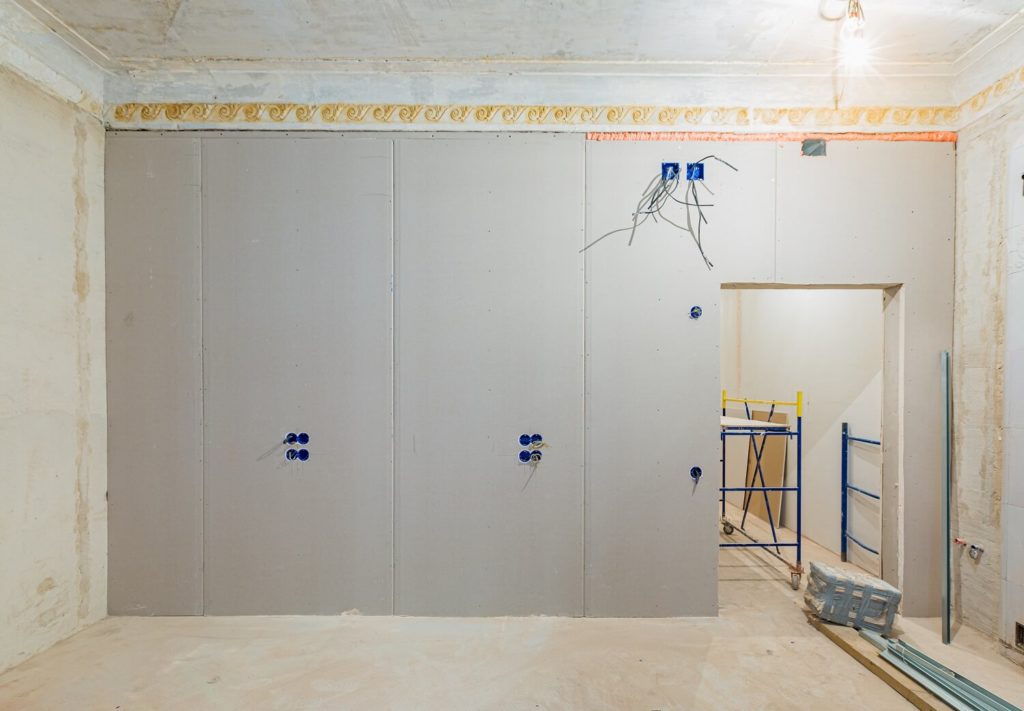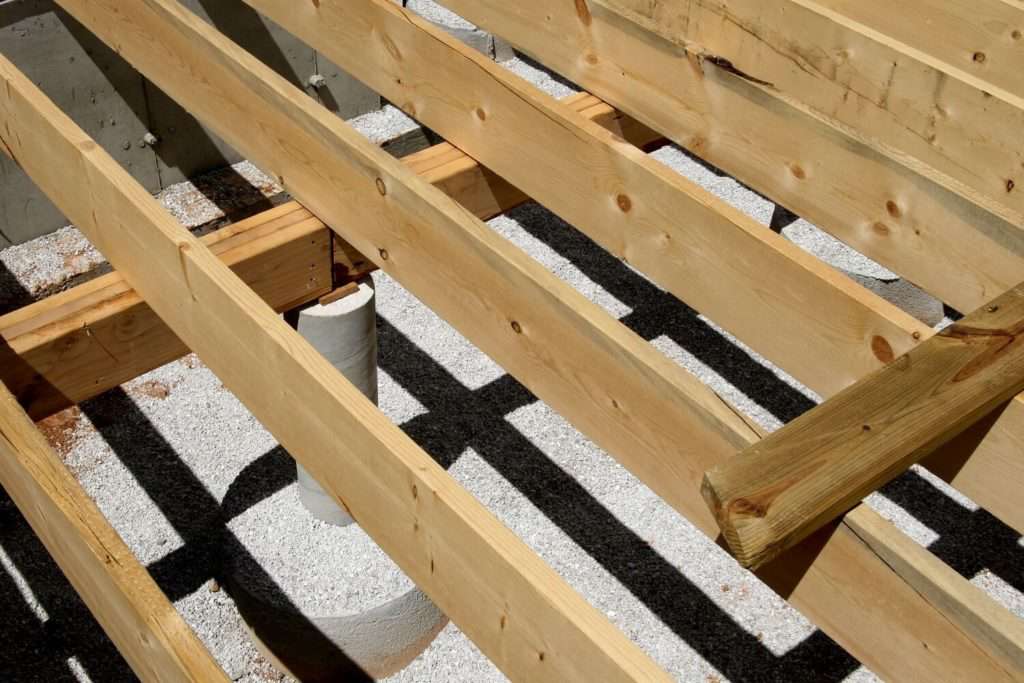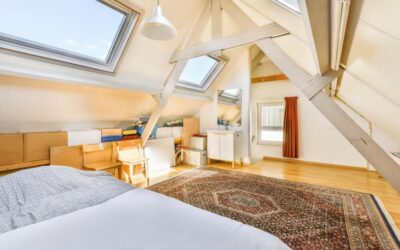Why are apartment walls paper thin? “My walls are paper thin!” If this sounds familiar, you are not alone. Most people fail to realize that not all apartment buildings are constructed equally. This makes sense of course. You’ve heard the phrase a well-built house or a house that is poorly built. The same concepts apply to apartment buildings, and good apartment buildings, usually have good sound control.
There are thousands of different materials out there and even more ways to compile those materials to build an apartment building. Just like in a house, quality materials and labor, which oftentimes cost the builder more, generally create a better-built building sound control is no exception.
Let’s take a look at seven of the most helpful questions you can ask to better ensure you’ll end up staying in a quiet apartment.
1. Are the walls built with sound control in mind?

The material used to build walls are one of the most important, if not the most important method of controlling sound reduction from exterior noises. Walls are not created equally. Every type of assembly and material has different sound qualities. Generally speaking, in order to improve sound control in walls, builders have to spend more money usually via adding more layers of materials, adding special materials, or special methods of assembly of materials. There are building codes that specify the minimum sound control (STC or Sound Transmission Class rating is a quantifiable way to measure noise reduction), but some builders might stop at the minimum. To go above and beyond that, the builders need to do more. It’s probably difficult to find out the exact STC rating of the walls, but the leasing agent should be able to provide at least some information on how the walls are constructed.
2. What type of windows are these?
Just as walls are incredibly important for sound control, windows are too. The old adage of the “weakest link” applies here. Windows are generally the weakest link when it comes to sound control of exterior noise. While there are many different types of windows, and without getting too technical, the basic element is the thickness of the glass on the window. A single pane is one piece of glass, a double pane is two pieces, and triple-pane is, you guessed it, three pieces. All things being equal, a triple pane window is best for sound control. It also helps reduce your energy bill if you’re the one paying for that.
3. What kind of doors are there?
The most important is the hallway door to your unit or the most exterior door. You can usually tell if the main door to the unit is paper-thin (hollow) or has some weight (solid core), but you should also ask. You can ask about interior doors too, but those are generally less important from a noise control standpoint unless you have a roommate and are worried about noise from him or her.
4. What kind of sub-flooring is it?

This means what is underneath the surface floor (wood truss, concrete, steel). All things being equal, a concrete subfloor is typically the best for sound control (assuming you will have people above you) as opposed to a wood floor system (joist system). This is just a rule of thumb as concrete floors can be more susceptible to certain types of noises (impact noises) and wood frame flooring systems can be built to very high sound control ratings.
5. What kind of top-flooring is it?
The type of floor you have is important for looks, but it also can impact noise if someone is above you. Some apartments might be finished differently than others so find out what your future apartment unit will have and what the unit above you will have? Will it be carpet, wood, tile, or some type of wood-veneer? All things being equal, carpet is usually the quietest type of floor, then wood /wood veneer, and tile being the last, respectively. Find out if there is any padding or similar underneath this top surface as that can dramatically reduce noise control as well.
6. Is there anything else in the building to reduce noise?
For example, some buildings today now have green roofs (which serve many purposes, one benefit is to reduce noise from busy streets) and others can take extreme care in reducing noise via creative architectural strategies such as room layout (separating bedrooms from less noise-sensitive rooms such as bathrooms), and creatively laying out buildings within the complex (i.e. putting empty land between structures).
7. Where will my exact unit be?
Will you be on the bottom floor or top floor? If you’ll have units above you, you’ll need to be more concerned about noise from above. Find out if you are on the end (with only one neighbor on the side) or perhaps in the middle with the possibility of noise from both sides.
Look for obvious noise sources such as train tracks, fire stations, ambulances, highways, major roads. Then, look at your complex (are you directly near or above the pool for example), are there noisy HVAC systems outside your windows, is the nearby property a wedding venue that will have late parties. This is where good research, common sense, and asking questions come to play.
Of course, these are just rules of thumb (noise control and STC ratings are very technical) and every situation is different as well as everyone’s tolerance for noise. Few buildings will be perfectly built for sound and the reality is that you might have a noisy neighbor, but armed with this knowledge, it will hopefully help you ask the right questions and be more informed in the leasing process.






